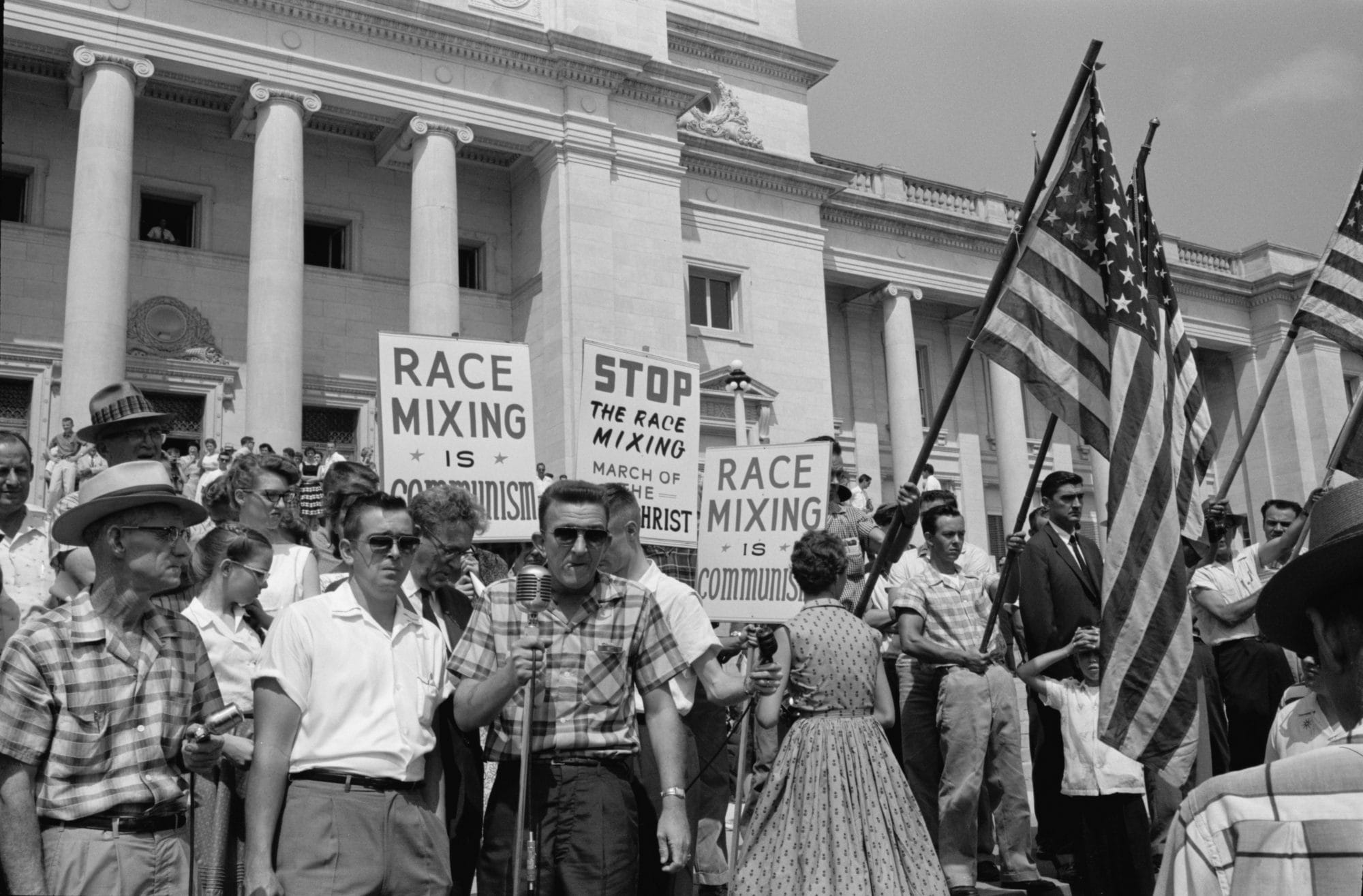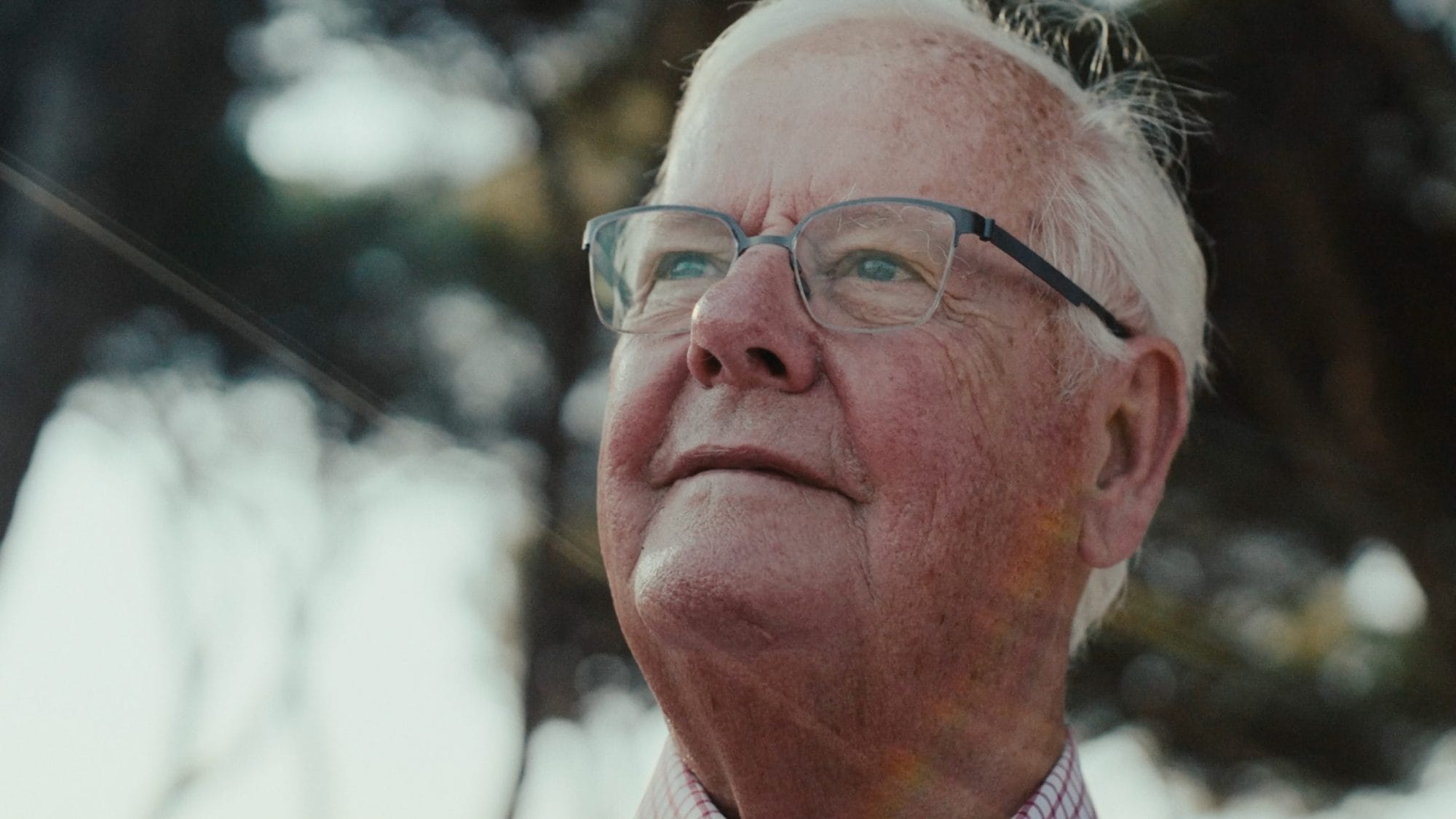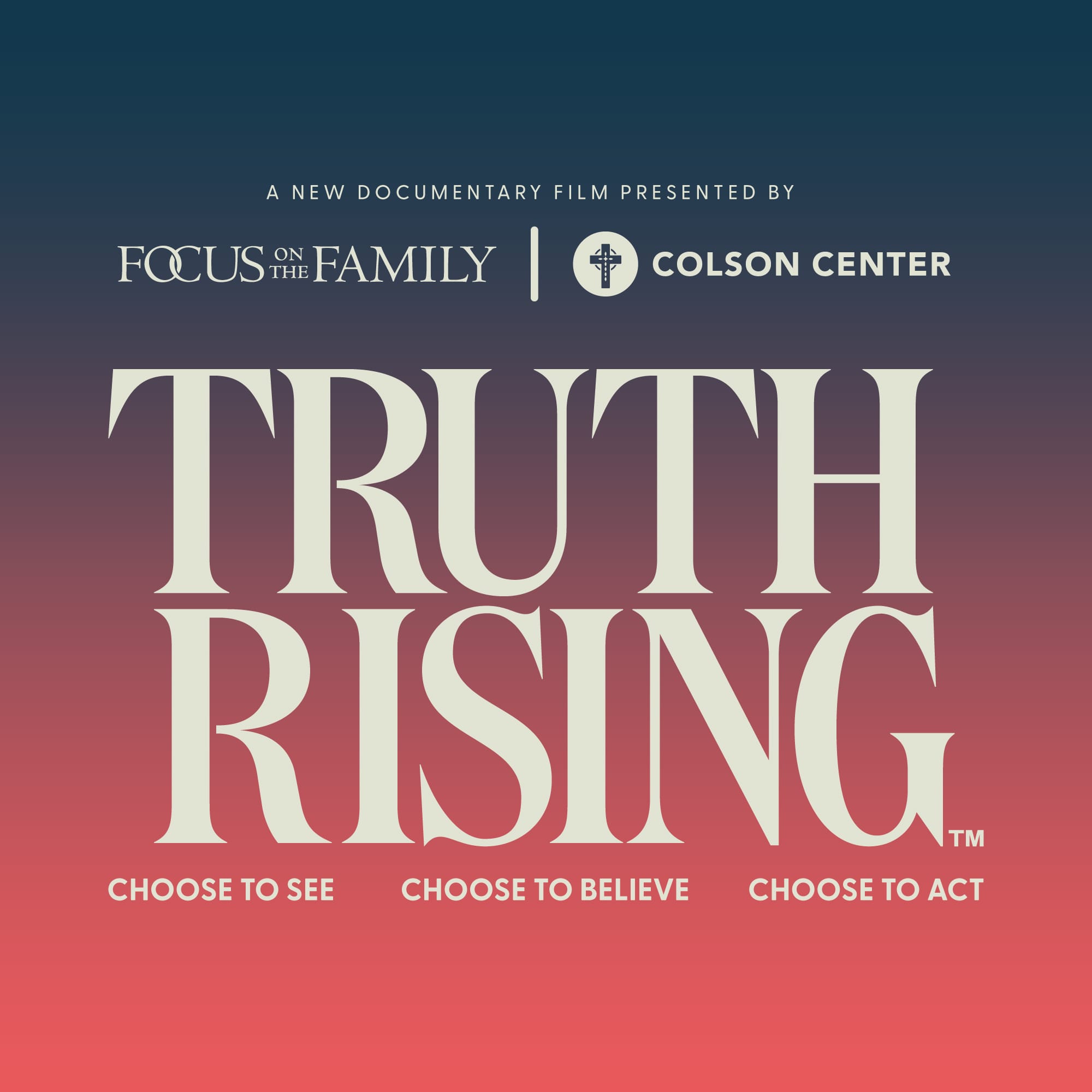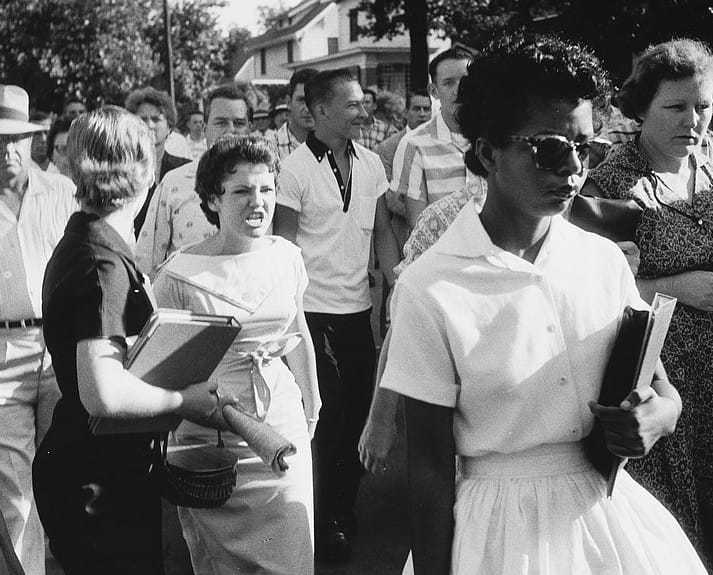Our Moment in History
August is the time when families are preparing to go back to school. Children are excited about new school supplies, new clothes, reconnecting with friends, and getting back into sports. Some parents, like their children, are looking forward to returning to the school routine. For some, it may be a special moment that brings a mix of emotions. The anticipation of a family whose first child is going to school. For others, it could be their last child is starting school, or a high school student beginning their senior year, or beginning college.
For a group of students preparing to start the school year in September of 1957, it was anything but routine. That year would not only be life-changing for nine African-American students and their families, but it would also be a pivotal moment in Arkansas and U.S. history.
Many of us are familiar with those heroic students remembered as the Little Rock Nine. They had to be escorted by the 101st Airborne Division through angry mobs and braved tremendous abuse that school year to integrate Central High School. Each year in September, we remember and honor the names of Minnijean Brown, Terrence Roberts, Elizabeth Eckford, Ernest Green, Thelma Mothershed, Melba Pattillo, Gloria Ray, Jefferson Thomas, and Carlotta Walls—and the courageous sacrifices they and their families made to move toward racial equality in our education system.
While their story is well known, there was another act of courage that morning that deserves to be remembered.
An Unfamiliar Hero
Recently, I learned about a white pastor, Dunbar H. Ogden Jr., who also made a courageous contribution to that historic moment. His story is told in the 2008 book My Father Said Yes, written by his son, Dunbar H. Ogden III.
Ogden and his family moved to Little Rock in 1954 to pastor Central Presbyterian Church. In that same year, the Brown v. Board of Education Supreme Court decision declared state-sponsored segregation unconstitutional. On August 30, 1957, a federal judge ordered the integration of the Little Rock Schools to go forward. On September 2, the day before school started, Governor Orval Faubus ordered an armed detachment of the National Guard to surround Central High. He said it was because of evidence of disorder and threats of disorder. The Little Rock School Board instructed the black students to stay away on September 3rd. Later that day, a federal judge ordered integration to start the next day.
That evening, Daisy Bates called Ogden. She asked him, as the leader of the interracial ministerial alliance, if he could rally a group of white ministers to accompany the boys and girls to school the next morning. He agreed to contact as many clergy as possible and to meet with the students the next morning, but also communicated that he did not know if he would accompany them.
Of the dozen or so ministers he called that night and who he thought most likely to go with him, all but one declined out of fear. Ogden wrestled through the night about what he should do, and when he left the next morning to meet the students at 12th and Park, he was still undecided.

8:09 AM
It was at 8:09 AM, one minute before the scheduled 8:10 AM departure time, that Ogden decided to accompany the students. As his son later recalled, in that moment Ogden, “had the really strange feeling, as clear as day he felt ‘This is right; this is what I should do.’ There was not the slightest doubt, but that I should do it. I ought to do it. And I felt this was the will of God for me. Every bit of fear just drained out.”
“All right,” he told the students, “we will go with you.”
Dunbar III writes:
In that moment, he made a choice that would change his life and the course of history. He turned and began to walk down Park toward Central High. He did not look back. The little band followed along two here and three there. My father led out. Then the black students and David (Dunbar III’s brother). They were confronted by a mob as they reached the front of the school.
Dunbar III goes on to describe the scene:
A movement of soldiers shifted just behind the armed line. The line opened. Out stepped Lt. Col. Marion Johnson, commander of the troops, tan shirt with stars, a heavy helmet hooding his eyes, middle-aged, beginning double chin, a mouth set for giving orders, a thick white nightstick in his grip. He stuck the baton at Carlotta Walle’s stomach, at Ernest Green’s chest. An aide, rifle up, stood beside him. My father stopped. The group collected in front of Lt. Col. Johnson. The mob closed in a half-circle behind the children.
In the silence, it was Ogden who spoke first.
“Are you here to see to it that these children enter this school or to prevent them from entering?”
Colonel Johnson made it clear that the children could not enter, and then he and the soldiers turned and marched back to the safety of the school, leaving the group at the mercy of the white mob.
During the following year, Dunbar Ogden went on to be a prominent spokesperson for truth and justice during this pivotal moment in our history.
In the book’s foreword, Archbishop Desmond Tutu writes:
During 1957-58, Dunbar Ogden and Daisy Bates formed an unlikely coalition and became the leaders for school integration in Little Rock. He was a white Presbyterian pastor. She was a black journalist who, with her husband, owned and edited the black newspaper in town. They supported each other and, by example, gave each other courage.”
He goes on to write:
Dunbar Ogden and Daisy Bates maintained surprisingly little contact with each other. Yet they had one thing in common. They faced terrible opposition from within their own communities, as well as from outside. Within a year, Ogden’s congregation would force him to leave town, and within two years, Bates’s customers would force her to shut down her newspaper. But because of their collaboration, they affected a turning point in American education—the integration of Central High School.
This story of moral courage in 1957 speaks directly to the challenges facing Christian leaders today.
A Civilization Moment
Jesus said, “If you abide in my word, you are truly my disciples, and you will know the truth, and the truth will set you free” (John 8:31–32, ESV). It was out of his deep faith and regular practice of spending time in God’s Word that Dungar Ogden had clear conviction about what was true and the clarity and courage to act in a way that influenced his cultural moment for good.
How will we respond to our moment?
In Acts 17, Paul says, “And he made from one man every nation of mankind to live on all the face of the earth, having determined allotted periods and the boundaries of their dwelling place,” (Acts 17:26, ESV). Like the Little Rock Nine and Dunbar Ogden, God has created each of us and appointed us to our particular time and place. In 2025, we face another pivotal time in our history. It is what Os Guinness has called a “civilization moment.”
In a recent interview, Guinness explained:
Some people are misusing ‘civilizational moment’ as a fancy word for the present moment. No, it has a real definition. A civilizational moment is that period, not a day, a period when a civilization loses touch with what made it great. And when that happens, it faces three broad choices. Either it must renew the civilization, replace it with an equally adequate one, or decline and fall.
Now clearly, our Western civilization is a Christian civilization that owes a lot to the Greeks and the Romans. But its principal source is the Gospel rooted in Judaism.
The intended replacement was the Enlightenment, which espoused many of the same Christian truths, only without God and without the Bible. It wanted reason and progress without God, and that has failed. And that’s why we’re at this civilizational moment. Either there’s a renewal of the Christian faith, or the West is declining and will fall.

Truth Rising
Guinness’s powerful message is featured in the new documentary film Truth Rising, developed by the Colson Center and Focus on the Family, and scheduled to release on September 5th. In addition to the documentary, a free small-group Bible Study will be available.
In a culture that’s redefining truth and identity, Truth Rising offers a Christ-centered path forward. Watch the documentary and then start this six-week small group study. The study invites you to explore four themes:
- Hope in the midst of chaos
- Truth that never changes
- Identity rooted in Christ
- Calling to live faithfully in today’s world
Through engaging video sessions and guided discussions, you’ll be equipped to stand firm in your faith and live with clarity and courage. Whether you host a group or join one, this is your opportunity to grow spiritually and connect deeply with others in your church family.
As John Stonestreet, president of the Colson Center, emphasizes in the film: “We can make a difference in the world, and we’re in this time and place in history because God wanted us there.”

As pastors and Christian leaders, may we respond to our time in history by leading our churches to understand our moment in history and to stand for truth with courage, clarity, and conviction.
The question each of us must answer is the same one Dunbar Ogden faced at 8:09 AM that September morning:
In our moment, will we choose to act?
Let’s rise together in truth and love.
Resources
Link to Truth Rising trailer:
https://www.truthrising.com/trailers-clips/
Link to Truth Rising study promotional video: https://www.youtube.com/watch?v=N_6xu8_MHhk
Link to Truth Rising Pastor’s Digital Tool Kit that has graphics and banners: https://fotf.app.box.com/s/gpcw69q1qqcx6cb7fg7uzydqz1iqav03


